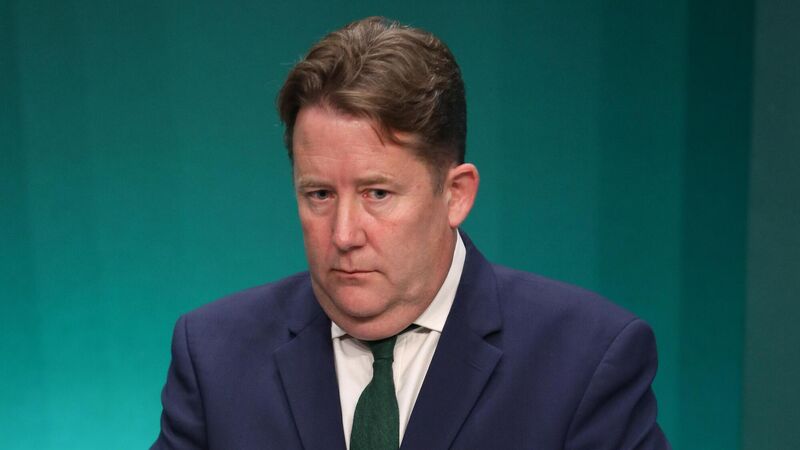Government fails to spend €340m of housing budget despite record homelessness

Housing Minister Darragh O'Brien is seeking full capital carryover of 10% for his department. Picture: Sasko Lazarov / RollingNews.ie
The Government has been slammed for failing to spend its 2022 housing budget at a time of record homelessness and a persistent housing shortage.
Housing Minister Darragh O'Brien has told Cian O'Callaghan of the Social Democrats that his department will defer the maximum amount from its 2022 budget — €340m — to this year, due to a number of factors. Departments are allowed to carry over 10% of all capital allocations.













